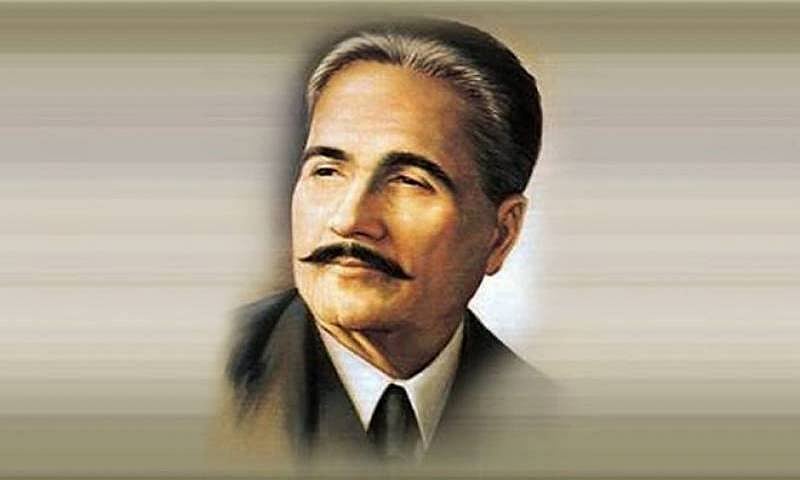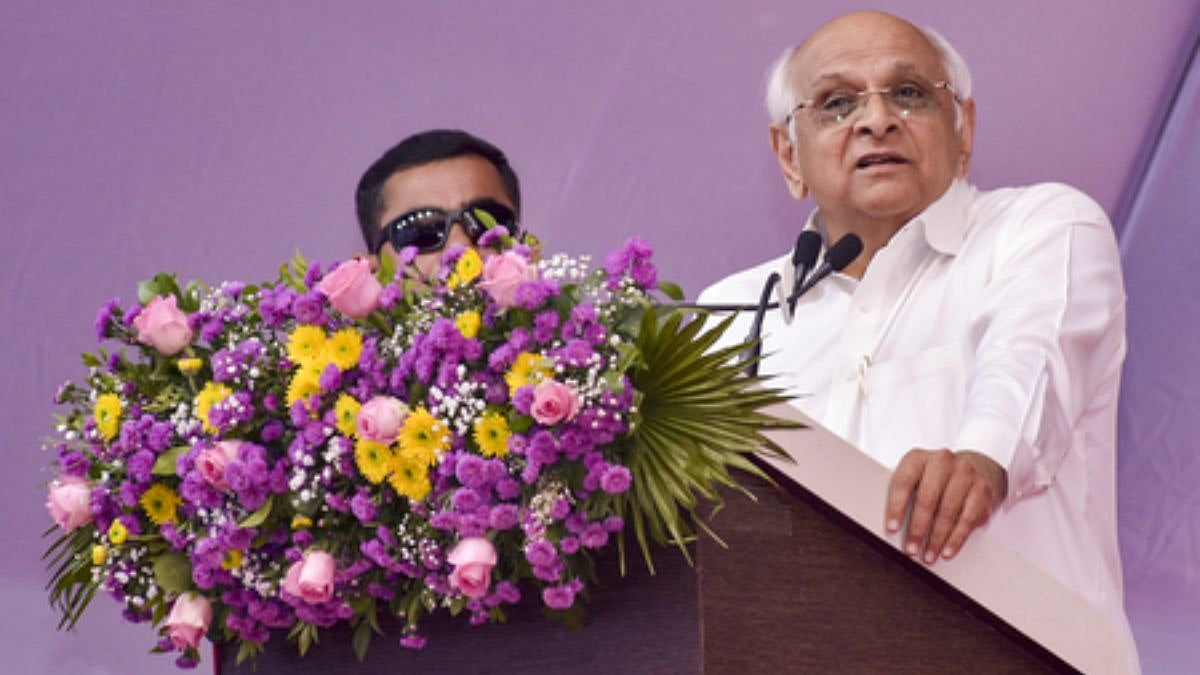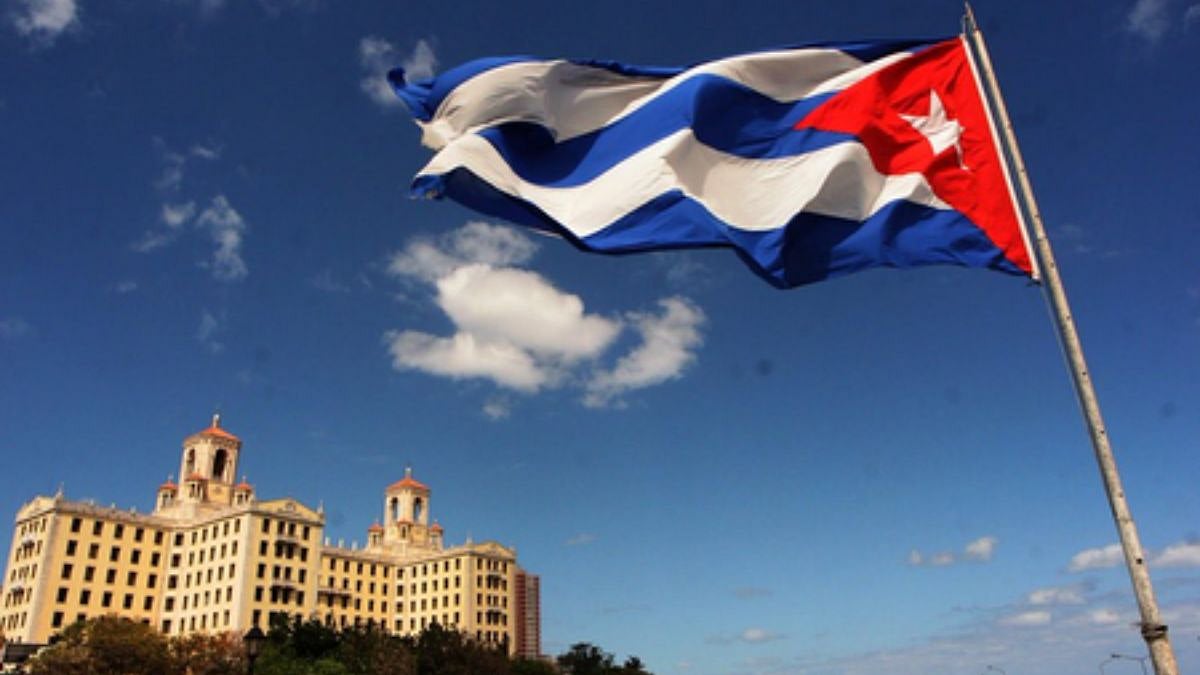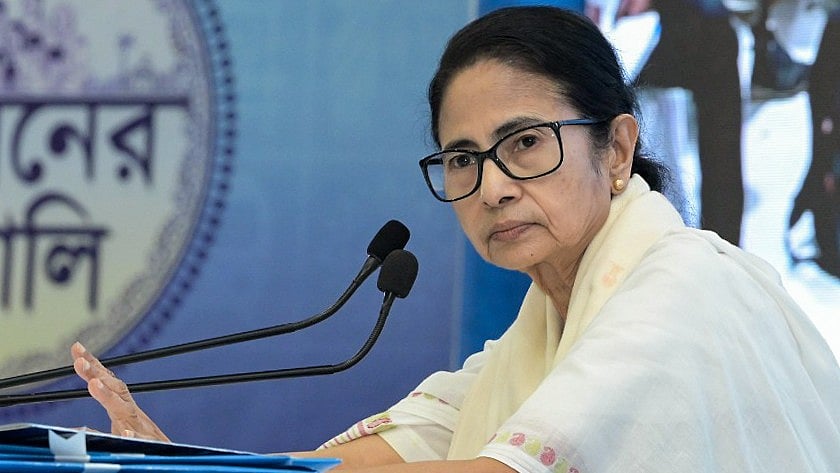Sir Muhammad Iqbal (November 9, 1877 – April 21, 1938), widely known as Allama Iqbal, was a Muslim poet and philosopher.
Following his BA and MA from Government College, Lahore, Iqbal was appointed a professor at the same institution, and after some time, in 1905, he was selected for higher studies at the University of London, and then he moved to Munich, Germany, to pursue a PHD. After finishing his studies, Iqbal decided to return to India and teach as well as practise law.
Pakistan was conceptualised by Allama Iqbal
After his death, he was designated as Pakistan's national poet. He is sometimes referred to as the poet of the East. Iqbal's vision of an autonomous state for Muslims in British India served as the impetus for the creation of Pakistan. Dr Allama Muhammad Iqbal is his given name.
Iqbal was a firm believer in Sir Syed Ahmed Khan's 'Two Nation Theory,' which held that Muslims and Hindus were two distinct nations that should be permitted to live separately. He reiterated this theme in his renowned Allahabad Address to the Muslim League in 1930, as well as in his poems and lectures.
Allama's beliefs inspired many Muslims
Allama's speech and beliefs inspired many Muslims, some of whom went on to become leaders of the Muslim League and later fought for Pakistan.
He was also quite popular among the Muslim masses. As an influential poet for Muslims in India, Iqbal saw Iqbal Day commemorated across the subcontinent during his lifetime.
He died on 21 April 1938 in Lahore, Punjab, British India.








